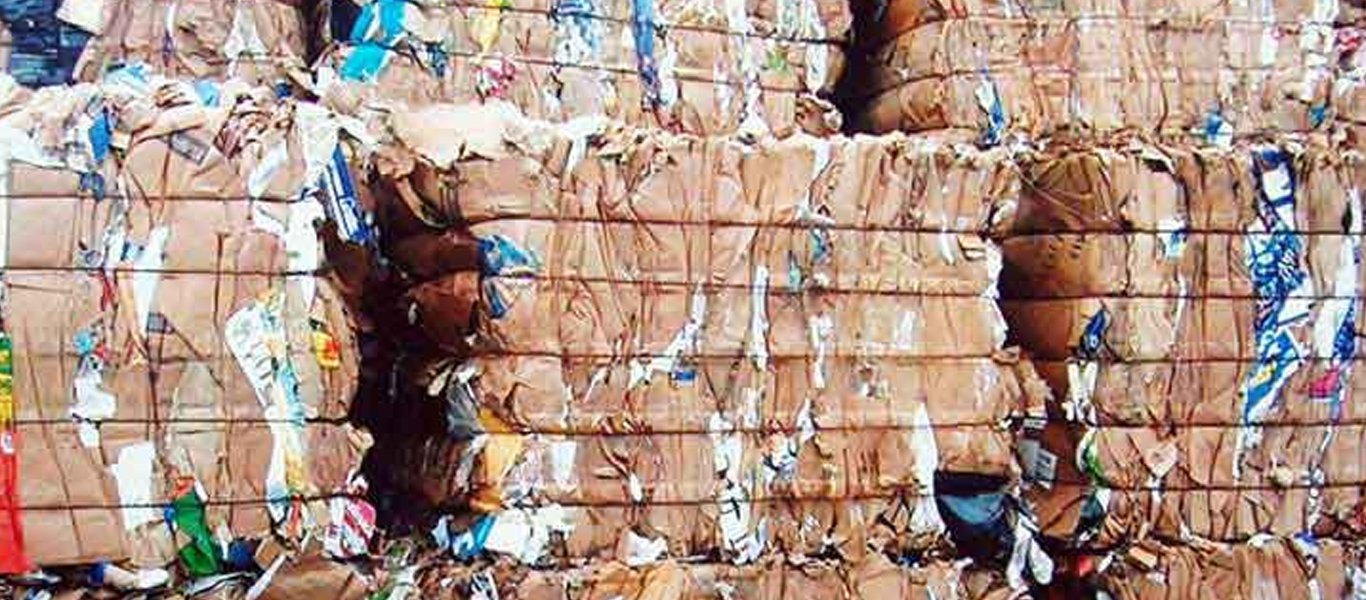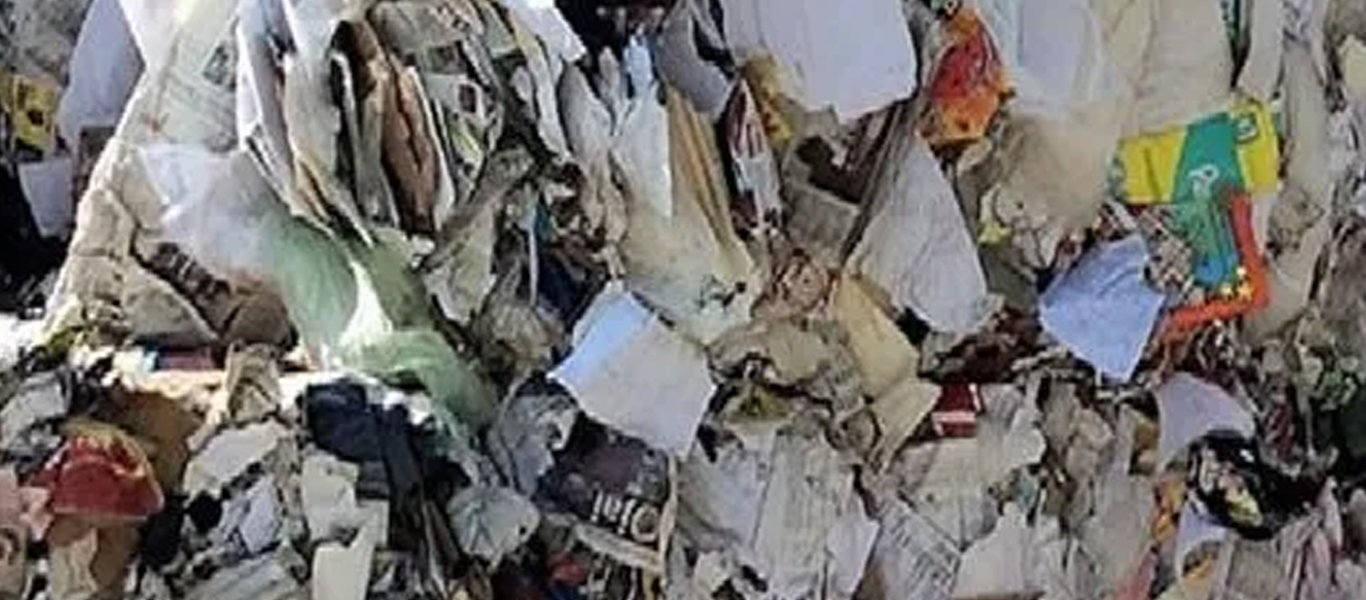The Process of Pulping Waste Paper in India: A Sustainable Solution
Transform waste into valuable resources with our advanced pulping of waste paper service in India. We specialize in converting discarded paper into high-quality pulp, suitable for a wide range of applications including the production of new paper products and packaging materials. Our eco-friendly pulping process ensures maximum recovery of fibers, reducing environmental impact and promoting sustainability. By choosing our service, you contribute to the circular economy and help reduce landfill waste. We cater to businesses, educational institutions, and paper mills, providing tailored solutions to meet diverse needs. Partner with us for efficient and responsible waste paper pulping, and be a part of India’s green future.
Introduction
India is a country experiencing rapid industrialization and urbanization, leading to a significant increase in waste generation. One of the critical challenges faced by the nation is the management of waste paper, considering the environmental impact it poses. This blog post aims to explore the process of pulping waste paper in India as a sustainable solution to promote recycling and reduce the carbon footprint.
Overview of Waste Paper in India
Waste paper is a common byproduct of various industries, offices, and households in India. With the rise of e-commerce, packaging materials and cardboard boxes contribute significantly to the waste paper stream. Improper disposal of waste paper can lead to pollution, deforestation, and the depletion of natural resources.
Importance of Proper Waste Management
Proper waste management is essential to reduce the burden on landfills, conserve resources, and minimize environmental degradation. Recycling waste paper not only helps in waste reduction but also contributes to the circular economy by converting waste into valuable resources through the pulping process.
Role of Pulping in Recycling
Pulping plays a vital role in the recycling of waste paper by breaking down the cellulose fibers to create pulp, which can be used to manufacture new paper products. Different pulping methods are employed based on the type of paper waste and the quality of pulp required for production.
Types of Pulping Methods
Chemical Pulping
- Kraft Pulping: Utilizes chemicals like sodium hydroxide and sodium sulfide to dissolve lignin and separate fibers.
- Sulfite Pulping: Involves the use of sulfurous acid or bisulfites to remove lignin from fibers.
- Alkaline Pulping: Relies on alkaline chemicals to break down lignin in the pulp.
Mechanical Pulping
- Thermomechanical Pulping: Combines mechanical grinding and heating to separate fibers without chemicals.
- Chemi-Thermo Mechanical Pulping: Incorporates chemical treatments in addition to mechanical refining.
- Chemi-Mechanical Pulping: Utilizes mild chemicals to soften fibers before mechanical pulping.
Recycled Pulping
- Deinking Process: Removes ink and contaminants from recycled paper through flotation or washing.
- Repulping Technique: Involves soaking recycled paper in water to recover pulp fibers.
- High-Consistency Pulping: Processes recycled paper at higher pulp consistency levels for increased efficiency.
Challenges Faced in Pulping Waste Paper in India
Contamination Issues
- Ink Residues: Ink particles can affect pulp quality and color consistency.
- Adhesive Materials: Stickers, tapes, and labels can contaminate the pulp during pulping.
- Non-Paper Components: Presence of plastics, metals, or other materials hinders the recycling process.
Quality Concerns
- Fiber Strength: Maintaining the strength and durability of recycled fibers is crucial for paper quality.
- Pulp Properties: Consistency in pulp characteristics impacts the performance of final paper products.
- Color Consistency: Maintaining uniform color in recycled pulp is essential for producing high-quality paper.
Environmental Impacts
- Water Usage: Pulping requires significant water consumption, leading to water scarcity challenges.
- Chemical Discharge: Disposal of pulping chemicals can pollute water bodies and harm aquatic life.
- Energy Consumption: High energy consumption in pulping processes contributes to carbon emissions.
Innovations in Pulping Technology
Sustainable Practices
- Closed-Loop Systems: Recycling water and chemicals in a closed system to reduce resource wastage.
- Zero Liquid Discharge: Minimizing water discharge by recycling and reusing process water.
- Energy Recovery: Utilizing byproducts of the pulping process for energy generation.
Advanced Equipment
- High-Pressure Digesters: Enhancing pulp yield and quality through high-pressure pulping technology.
- Washers and Screens: Improved pulp cleaning and screening technologies for higher efficiency.
- Refiners and Mixers: Innovative refining and mixing equipment for pulp homogenization.
Research and Development
- Green Chemistry Initiatives: Developing eco-friendly pulping chemicals for sustainable production.
- Biodegradable Additives: Incorporating environmentally friendly additives to improve pulp properties.
- Pulp Manufacturing Optimization: Enhancing pulp manufacturing processes for increased efficiency and reduced waste.
Future of Pulping Waste Paper in India
Growing Demand for Recycled Paper
The rising awareness of environmental issues and the circular economy principles are driving the demand for recycled paper products in India.
Government Initiatives and Policies
The government of India is implementing policies and regulations to promote waste paper recycling and sustainable pulping practices across industries.
Industry Collaboration and Innovation
Collaboration among industry players, research institutions, and government bodies is essential to drive innovation and establish India as a leader in sustainable paper production.
Conclusion
In conclusion, pulping waste paper in India is a critical step towards achieving sustainability in the paper industry. By overcoming challenges, embracing innovations, and focusing on the future, India can pave the way for eco-friendly paper production and contribute to global environmental conservation efforts.
“Recycling waste paper through pulping not only benefits the environment but also paves the way for a greener future.”



